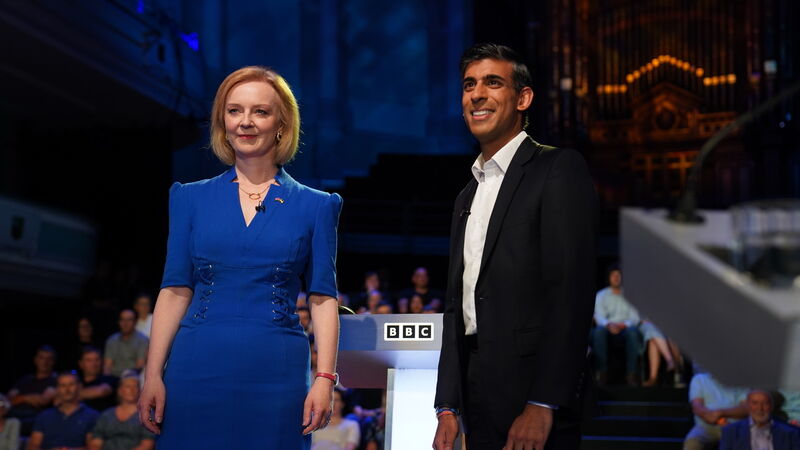Sarah Harte: Changing minds first begins with empathetic listening and sharing

Tory leadership rivals Liz Truss and Rishi Sunak may have substantial differences but both have doubled down on their support for Brexit.
THE decision over who becomes the next UK prime minister is now down to Tory party members. Ballots posted to conservative party members arrive this week. It’s crunch time for Rishi Sunak and Liz Truss.
In the ring are two candidates who despite other differences have doubled down on Brexit. The Labour party’s mantra has also become “make Brexit work”.
CLIMATE & SUSTAINABILITY HUB















